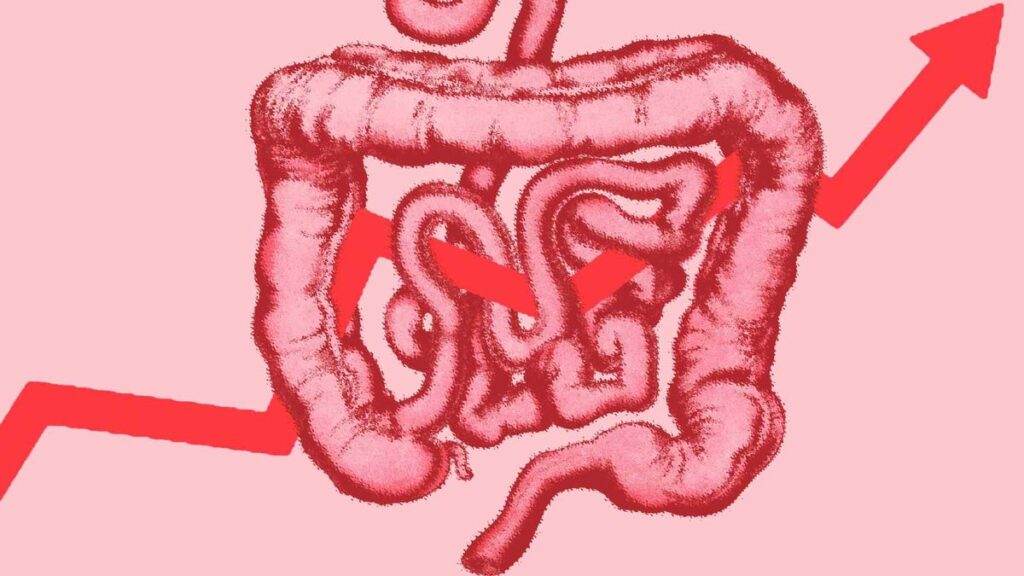Could colorectal cancer be misdiagnosed? Radhika Moona shares her story. “Keep a positive mindset, and this too shall pass,” says 40-year-old Radhika Moona, a colorectal cancer survivor who now supports others facing the same battle. Her journey began eight years ago when she misunderstood her symptoms, just like many others.
What is colorectal cancer?
Colorectal cancer is a disease that starts in the rectum or colon. It usually grows slowly, but if not found early, it can become dangerous. Symptoms like pain and blood in the stool are common, but they are often mistaken for other stomach problems like piles or fissures. This confusion can delay a proper diagnosis.
In the past, colorectal cancer was mostly seen in older adults or people in Western countries. However, more young Indians, particularly those aged 31 to 40, are now being affected. A 2020 study in the Journal of Clinical Oncology showed that cases of this cancer in India increased by 20% between 2004 and 2014. Another study from 2018 by the Chittaranjan National Cancer Institute found that the number of young people with colorectal cancer is rising quickly.
Radhika’s experience: Why early detection matters
In 2016, Radhika experienced pain and noticed blood in her stool. She thought it was piles, which many believe keep coming back. To avoid surgery, she tried home remedies and homoeopathy. However, as her pain got worse, even her homoeopathy doctor advised her to see a surgeon.
The first surgeon she visited misdiagnosed her condition as a fissure, which is a small tear in the anus or intestine, and scheduled her for surgery to fix it. Fortunately, Radhika decided to get a second opinion from Dr. Deepak Govil, a gastrointestinal surgeon at Indraprastha Apollo Hospital in New Delhi. Dr. Govil performed a colonoscopy and found that she had rectal cancer.
Why is diagnosis often delayed?
Many young patients delay visiting a doctor because they are embarrassed about undergoing rectal exams. Dr. Govil says, “Many people are embarrassed to undergo a rectal exam, and many physicians are reluctant to perform it. This results in people being presumptively treated for piles, which is much more likely in the young.” He also notes that colorectal cancer cases among younger people are increasing in India compared to Western countries, where the disease primarily affects older adults.
What can be done?
Doctors recommend routine colonoscopies for anyone with symptoms like pain or bloody stool, regardless of age. Dr. Govil explains, “Whenever we operate on a person for piles, we insist on a colonoscopy first, even if the patient is a 30-year-old. We sometimes see cancers along with piles.”
The US reduced the screening age for colorectal cancer from 50 to 45 due to increasing cases in young people. Early screenings can lead to timely detection and save lives.
What’s the message for young Indians?
Radhika now works to educate young people about the risks of poor diets and unhealthy lifestyles, which can trigger colorectal cancer. “My symptoms started with some pain and blood in my stool, which I mistook as piles,” she says, encouraging others to consult doctors early.
If detected early, colorectal cancer is treatable, making awareness and regular check-ups vital.

